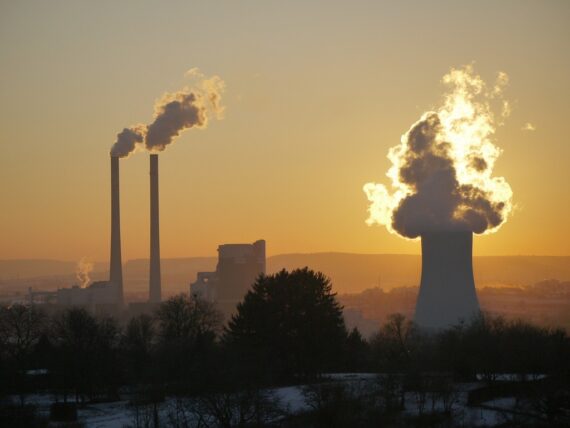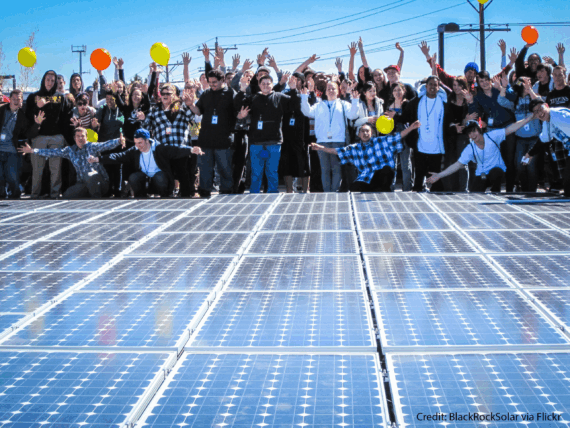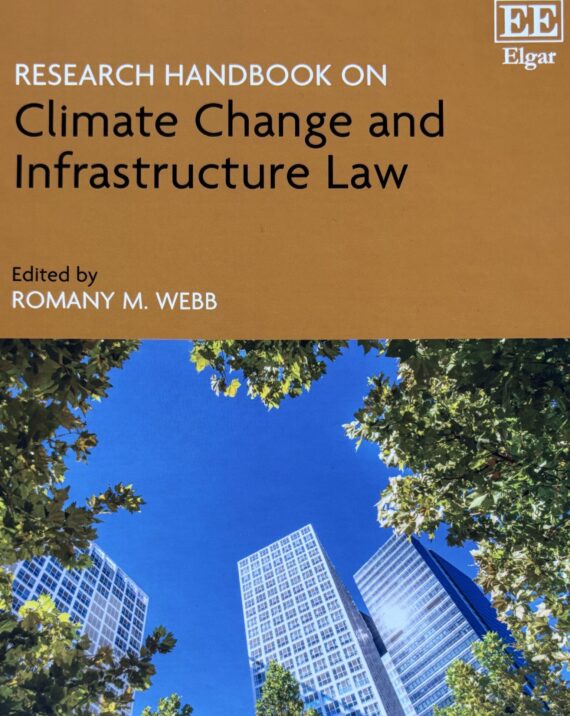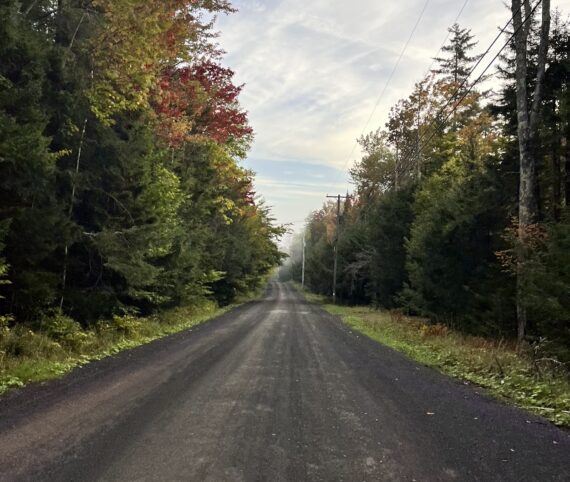Until recently, Louisiana was the darling of the carbon capture, removal, and storage industry. Due to its history of oil and gas production, the state has a fairly extensive carbon dioxide pipeline network, and ideal geology for storing carbon dioxide. For those reasons, federal incentives to advance point source capture […]
Energy
The retirement of the MetroCard as the ball dropped on New Year’s Eve was bittersweet for me. In 1983, as a young lawyer, I took a year’s leave of absence from my law firm to serve as special counsel to Richard Ravitch, chairman of the MTA. He gave me […]
The Biden Administration tied historic federal clean energy funding in the 2021 Infrastructure Investment and Jobs Act Law (IIJA) and the 2022 Inflation Reduction Act (IRA) to a local benefits framework through the Department of Energy’s Community Benefits Plan (CBP) requirements. The Trump Administration’s rapid rescission of CBP requirements, […]
A 2024 report by the Government Accountability Office (GAO) found that over 2,500 wells and 500 platforms in the Gulf of Mexico were overdue for decommissioning (i.e., the process whereby wells are permanently plugged and associated infrastructure removed). Others have estimated that over 32,000 offshore wells in U.S. waters are […]
The 30th Conference of the Parties (COP) to the United Nations Framework Convention on Climate Change (UNFCCC) reached a disappointing conclusion on Saturday. Just a few days earlier, things had looked promising. The COP President—Ambassador André Corrêa do Lago of Brazil—had proposed a draft decision recognizing the need for countries […]
It is a basic principle of administrative law that, even after a jurisdiction enacts legislation, full implementation of the law typically depends on regulatory and other actions by executive branch agencies. This is particularly true in the context of environmental and climate change legislation, which are often especially complex and […]
In 2022, the United States Congress passed the Inflation Reduction Act (IRA), appropriating an unprecedented amount of money for climate spending programs. One of the IRA’s flagship investments was the Greenhouse Gas Reduction Fund (GGRF), a $27 billion program comprised of the National Clean Investment Fund (NCIF), the Clean Communities […]
Introduction In recent years, the number of data centers in the United States and worldwide has grown rapidly, driven by the expansion of cloud computing, digital services, and artificial intelligence applications. These facilities consume substantial amounts of electricity. Projections indicate that data centers could account for about 4 – 5 […]








